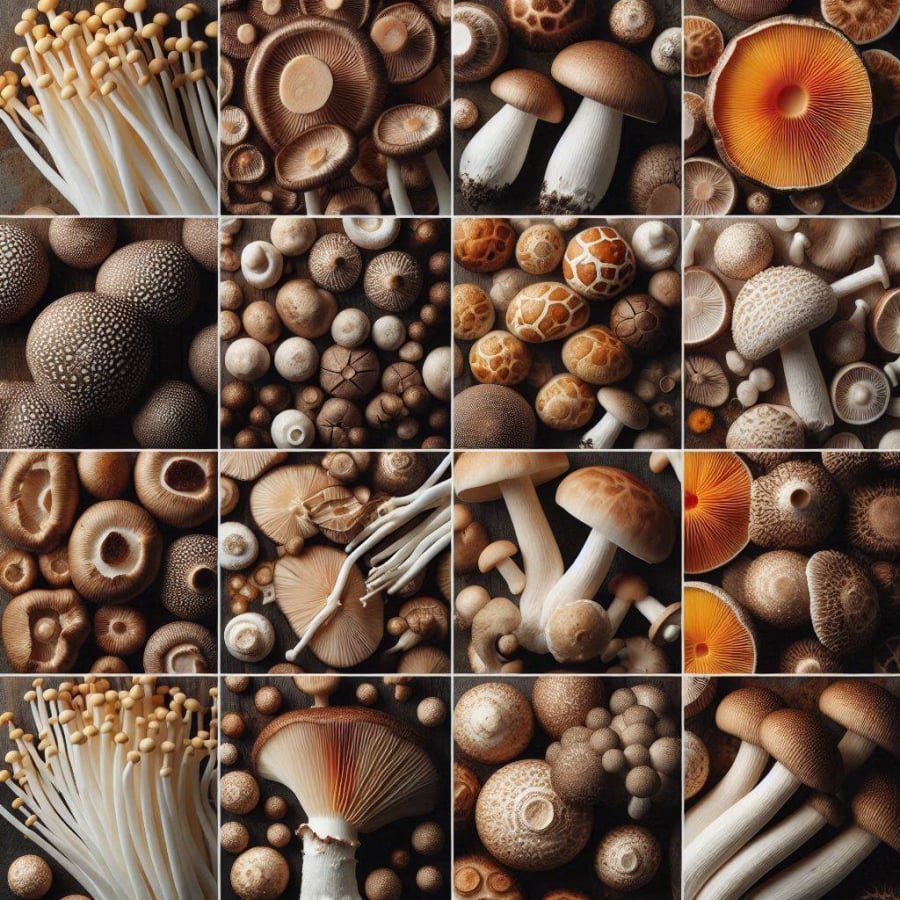**Who is More Prone to High Blood Fat: Skinny or Overweight People?**
Are skinny people or overweight individuals more susceptible to high blood fat or hyperlipidemia?
Hyperlipidemia refers to elevated levels of bad cholesterol (LDL) and/or triglycerides in the blood. This condition can lead to lipid metabolism disorders, increasing the risk of diseases such as lipidosis, fatty liver, atherosclerosis, and becoming a risk factor for cardiovascular diseases and stroke.
According to statistics from the World Health Organization (WHO), the prevalence of hyperlipidemia in Vietnam is rapidly increasing, especially in the age group from 35 to 44. A recent study by the National Institute of Nutrition revealed that more than 29% of adults suffer from dyslipidemia, with nearly 50% of them being urban residents. Notably, many people with this condition exhibit no apparent symptoms and are often only diagnosed during routine health check-ups or lipid profile tests while being treated for other diseases.
Associate Professor Dr. Huynh Wynn Tran from Wynn Medical Center (USA) stated that hyperlipidemia can affect both skinny and overweight individuals. “Just because someone is overweight doesn’t necessarily mean they have high blood fat. To accurately determine this condition, blood tests are necessary to measure bad cholesterol and triglyceride levels. I have encountered many skinny individuals with dangerous lipid profile test results. In fact, some very underweight people have had stroke-level lipid test results,” shared Dr. Wynn Tran.

Associate Professor Dr. Huynh Wynn Tran from Wynn Medical Center (USA) stated that hyperlipidemia can affect both skinny and overweight individuals.
Consuming mushrooms in the right way may help lower blood fat and protect against cardiovascular diseases.
According to Associate Professor Dr. Wynn Tran, many people have asked whether eating mushrooms can help reduce high blood fat. Out of the hundreds of mushroom varieties, only shiitake, white button, and oyster mushrooms have been proven to support lower blood fat and promote cardiovascular health.
He cited the work of a young Japanese scientist, Akira Endo, who conducted significant research on the connection between mushrooms and cholesterol. In 1966, Akira Endo discovered statins in shiitake mushrooms, compounds capable of lowering blood fat. However, extracting statins from mushrooms is complex, and it wasn’t until 1985 that a researcher at the University of Rochester (USA) successfully synthesized statins from other sources, paving the way for large-scale production and benefiting patients.

In 1966, Akira Endo discovered statins in shiitake mushrooms.
In addition to statin medication, Dr. Wynn Tran recommends dietary changes to lower high blood fat and prevent related diseases. He suggests limiting animal fats and prioritizing plant-based fats, fatty fish, and olive oil to maintain nutrition while controlling bad fat intake. Increasing the consumption of vegetables and fruits is also advised to support digestion and aid in eliminating bad fats from the body. Regular exercise is equally important as it helps burn bad fats, thereby reducing disease risk.
“When incorporating mushrooms into your diet to lower blood fat, opt for shiitake, white button, and oyster mushrooms,” emphasized the doctor. Shiitake mushrooms, in particular, are not only nutritionally rich in zinc, vitamin D, polysaccharides, terpenoids, sterols, and lipids but also boost immunity, lower cholesterol, and possess anticancer properties.
However, the doctor cautioned against consuming mushrooms daily. Instead, he recommended eating them in moderate amounts and combining them with other foods to ensure a balanced diet. Additionally, as mushrooms may contain preservatives, it is advisable to purchase them from reputable sources, clean them thoroughly, and cook them properly before consumption to ensure food safety.
The Secret to Fluffy, Voluminous Eggs: A Simple Trick to Double Your Breakfast Delight
The humble fried egg is a favorite among many, especially children. A simple dish, yet so versatile and satisfying – just a couple of eggs, a dash of seasoning, and a quick 5-minute fry is all it takes. The golden, runny yolks are a delight, whether paired with toast, plain rice, or even sticky rice. A true comfort food, fried eggs are a quick and easy way to brighten up any meal.
The Ultimate Protein: Discover the Affordable, Delicious Meat That’s Packed With Nutrients and Loved by All
Goose meat, a delicacy praised as the “best of a hundred meats”, offers a more affordable alternative to beef and mutton without compromising on taste and nutritional value. This succulent meat is renowned for its ability to boost one’s qi and blood, enhance immunity, and even possess anti-aging properties.






































